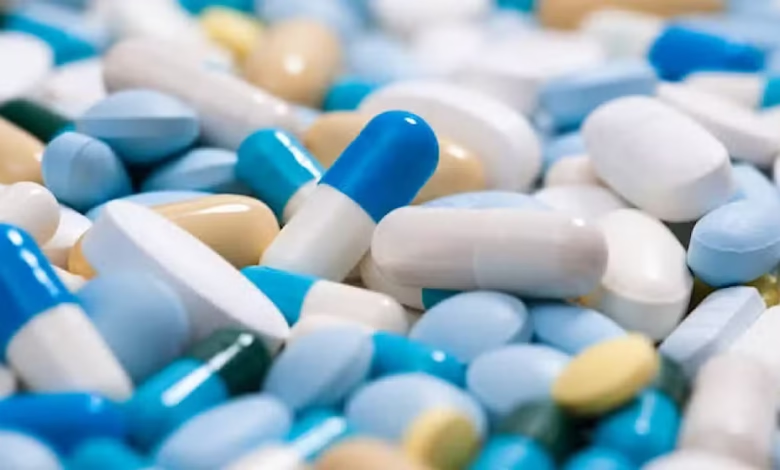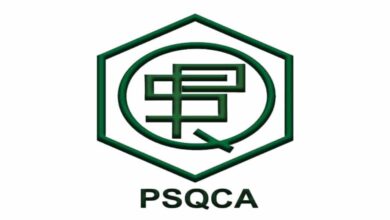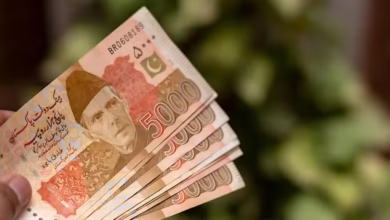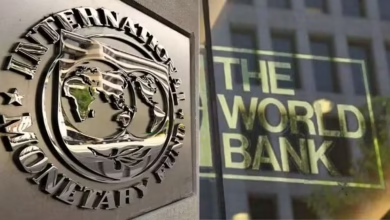90% Medicines Available in Local Market Manufactured Domestically

Federal Minister for Health Mustafa Kamal met with a high-level delegation from the Pakistan Pharmaceutical Manufacturers Association (PPMA), headed by its chairman, to talk about enhancing cooperation between the government and the country’s pharmaceutical sector.
Enhancing mutual cooperation and tackling the issues facing the pharmaceutical manufacturing industry were the main goals of the meeting. The minister was informed by the delegation on the sector’s performance and noteworthy advancements in the last several months.
According to the briefing, Pakistan’s pharmaceutical exports have increased by 52% since July 2024. The delegation attributed this expansion to the government’s deregulation efforts, which have helped to stabilize the market and end medicine shortages.
The team also pointed out that 90% of the medications sold in the local market are produced in the country, and many of these goods are suitable for export.
Kamal talked about his plans to make Pakistan’s healthcare system better. “The state alone will never be able to provide health facilities to every patient,” he said, acknowledging the shortcomings of the current infrastructure.
He noted that the lack of operational primary healthcare facilities and referral networks is causing tertiary institutions to handle an excessive number of patients.
“Major hospitals see 70% of patients who should be sent to Basic Health Units (BHUs),” he said.
Kamal underlined that telemedicine holds the answer to overcoming these obstacles.
More than 80% of people in our country already use technology. We can lessen the strain on hospitals by using telemedicine, and we are developing a thorough plan to do so,” he said.
He provided full government support for telemedicine and urged the pharmaceutical industry to play a key role in its advancement.
The minister highlighted the incorporation of technology into health systems and announced a major reform: “The national ID number will now serve as a patient’s Medical Record (MR) number with NADRA’s support.”
“Soon, we will be delivering doctors and medicines facilities to people’s doorsteps,” Kamal added, outlining his ambitious future plan.
Although he acknowledged the inadequacies in Pakistan’s healthcare system, he reiterated the government’s resolve to use technology to provide better and more easily available healthcare services.
The minister also emphasized the federal and provincial governments’ resolve to eradicate fake and inferior medications.
In order to guarantee that the public has access to safe, efficient, high-quality, and reasonably priced medications, he promoted the use of QR codes.
“Fake medicines tarnish the reputation of our country and our companies,” Kamal said, urging pharmaceutical companies to take strict measures in this regard.




